EU's safe chemicals deadline looms for businesses
 Next week sees the deadline for companies to pre-register their chemical substances under the European Union’s law on chemicals and their safe use (REACH – Registration, Evaluation, Authorisation and Restriction of Chemical Substances).
Next week sees the deadline for companies to pre-register their chemical substances under the European Union’s law on chemicals and their safe use (REACH – Registration, Evaluation, Authorisation and Restriction of Chemical Substances).
All manufactures and importers of one tonne or more per year of substances that are already on the market in the EU and producers/importers of finished products containing substances intended to be released in quantities of one tonne or more per year have until 1 December to inform the newly established European Chemical Agency about which substances they intend to register.
Law firm Crowell & Moring has put out a press release with Giles Chappell, from the company’s environmental and natural resources group, answering some of the key questions around the REACH regulation, the 1 December deadline and what the impact of the law generally for businesses.
You can also find out more about REACH on the EU website here.
Here’s an abridged version of the Crowell & Moring Q&A on REACH for Greenbang readers:
What impact will pre-registration have on EU companies? What happens if a company fails to pre-register?
“The 1 December 2008 deadline is indeed the most important REACH deadline so far. Needless to say, it will have a major impact on EU companies. In brief, companies that have not pre-registered their chemical substances by 1 December will no longer be able to manufacture or market them in the EU.”
What about enforcement?
“Member State enforcement authorities are expected to start their activities from 1 January 2009 following the publication of the list of pre-registered substances by ECHA. In principle, it is therefore possible that the authorities will act against companies that are still on the market without having pre-registered. However, a harmonised enforcement system, that ECHA is calling for, is not yet in place.”
Will it still be possible to pre-register after 1 December 2008?
“Pre-registration will be possible after the deadline only if a company is able to prove that it is manufacturing or importing substances for the first time after 1 December 2008 in quantities of 1 tonne or more per year, or that it is producing or importing articles that contain substances intended to be released under normal and reasonably conditions of use for the first time after 1 December 2008.”
If a company has met the pre-registration deadline, what happens next?
“Although pre-registration does not establish any obligation to continue production or import of substances, it does have some long-term effects. For each substance a company (or its Only Representative) will be required to join a Substance Information Exchange Forum (SIEF) until 1 June 2018 and may have to participate in SIEF activities, such as data gathering and testing. Pre-registering could therefore be considered just the first of several steps that will involve significant costs in order to fully comply with REACH.”
What has been the impact so far of REACH on businesses in general?
“REACH is having a profound impact on many companies, including those who don’t consider themselves to be chemical companies. In a relatively short space of time, businesses have had to re-organise themselves to fulfil both pre-registration requirements and notification obligations if any of their products contain substances of very high concern. For many companies, this has been an immense administrative task. Internally, many products and substances have been assessed to see if they fall within REACH criteria, and externally companies have been obliged to communicate these issues up and down their supply chains in order to ensure their own REACH compliance.”
What impact does REACH have outside the EU?
“In broader terms, the impact of REACH is surely not limited to companies (EU or non-EU based) willing to market their products within the EU. One of the most innovative aspects of REACH is that it is no longer up to governments to prove that a chemical is hazardous, but rather up to manufacturers to prove that the chemical they use is safe. Such a shift in the regulatory burden is being felt already beyond the EU, especially in the United States. REACH promises to influence US companies through the potential to change existing US regulation under the Toxic Substances Control Act (“TSCA”). Revisions to TSCA are a very real possibility with the upcoming change in Administration and control of Congress firmly in Democratic Party hands.”




